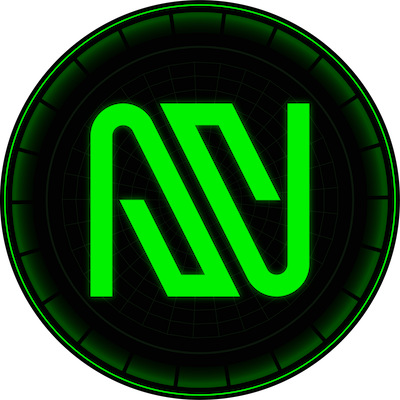The technology behind sols (SOLS) is rooted in the SPL 20 standard, a protocol designed to enhance the functionality and interoperability of tokens on the Solana blockchain. Solana itself is a third-generation blockchain platform that employs a unique proof-of-history (PoH) consensus mechanism. This mechanism timestamps transactions before they are included in the blockchain, ensuring that the network can process thousands of transactions per second with minimal latency.
One of the standout features of Solana's technology is its use of sharding. Sharding divides the blockchain into smaller, more manageable pieces called shards. Each shard processes its own transactions and smart contracts, which significantly boosts the network's scalability. This means that as more users and applications join the network, it can handle the increased load without slowing down.
Security is a critical aspect of any blockchain, and Solana addresses this through its robust consensus mechanisms. The proof-of-history system works in tandem with proof-of-stake (PoS), where validators are chosen to create new blocks based on the number of SOLS tokens they hold and are willing to "stake" as collateral. This dual approach not only ensures the network's efficiency but also makes it highly resistant to attacks. Bad actors would need to control a significant portion of the staked tokens to manipulate the blockchain, which is economically unfeasible.
The SPL 20 standard, under which sols operates, is designed to facilitate the creation and management of tokens on the Solana blockchain. This standard allows for seamless integration with decentralized applications (dApps) and other blockchain-based services. For instance, the first bridged SPL token from the Solana SPL-20 Token Inscription Standard showcases how tokens can move between different blockchain ecosystems, enhancing their utility and reach.
Another fascinating aspect of Solana's technology is its commitment to decentralization. The network is maintained by a diverse group of validators spread across the globe, ensuring that no single entity has control over the blockchain. This decentralization is crucial for maintaining the integrity and trustworthiness of the network.
In addition to its technical prowess, Solana's ecosystem is rich with tools and resources for developers. The platform offers comprehensive documentation, development kits, and community support, making it easier for developers to build and deploy their applications. This vibrant ecosystem attracts a wide range of projects, from decentralized finance (DeFi) platforms to non-fungible tokens (NFTs) and beyond.
The combination of proof-of-history, sharding, and the SPL 20 standard positions Solana as a formidable player in the blockchain space. Its ability to process transactions quickly and securely, coupled with a scalable and decentralized infrastructure, makes it an attractive option for developers and users alike.
 Most Visited
Most Visited Chain Ranking
Chain Ranking Overall NFT Stats
Overall NFT Stats New Pairs
New Pairs Trending Pairs
Trending Pairs Gainers & Losers
Gainers & Losers Community Votes
Community Votes Top Traders
Top Traders Feeds
Feeds Topics
Topics Lives
Lives Articles
Articles Research
Research





































